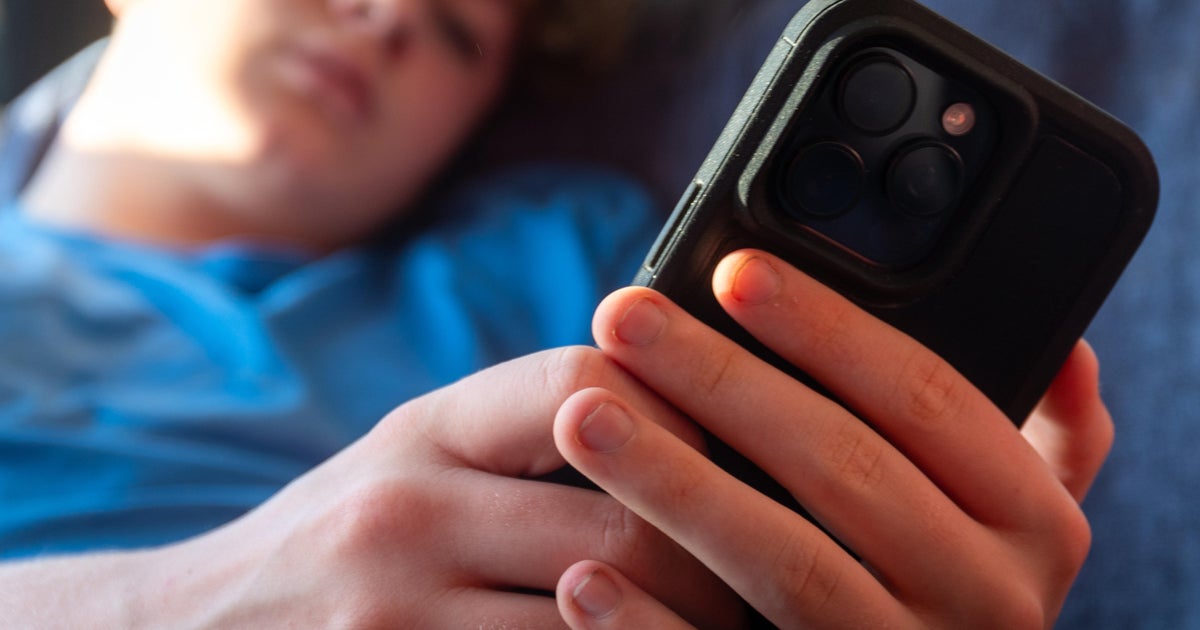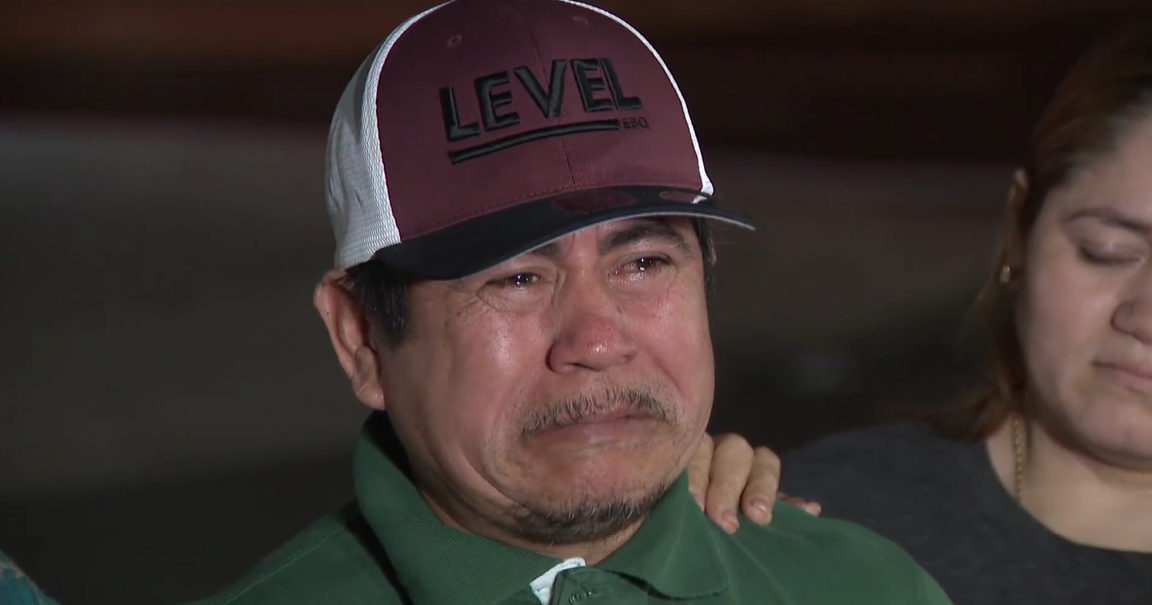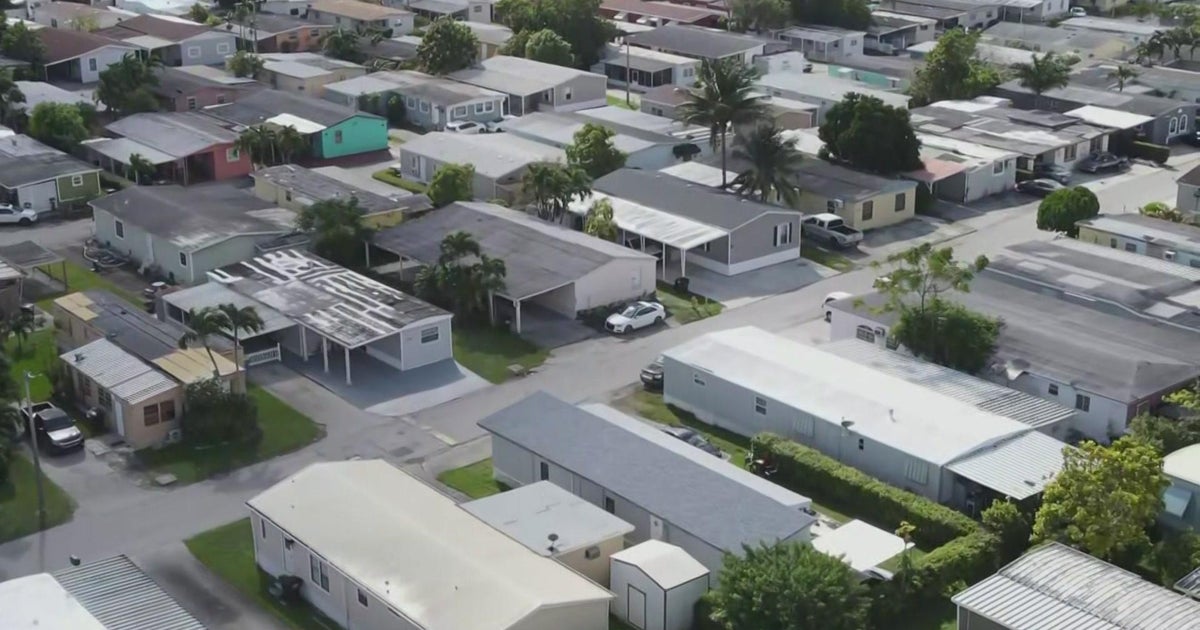Mental health crisis has desperate parents seeking help for children
MIAMI - Suicide is now the second leading cause of death for kids ages 10 to 14.
The mental health crisis that surfaced during the pandemic has ballooned, as children cope with the aftershocks of COVID's isolation, dependence on social media and returning to in-person learning at school.
Around the country, and in South Florida, desperate parents are flooding hospital emergency rooms seeking help.
It's clear there aren't enough hospital beds, doctors or therapists to treat all the children in crisis.
Back in 2017, Mariah Lemke found herself in such a crisis.
Lemke who was neglected and starved as a baby was adopted by a South Florida family.
"I grew up in a white neighborhood and being the only Black girl put a target on my back."
Lemke says through elementary, middle and high school she was laughed at, taunted, and belittled. "Kids can be cruel. They made me feel less. That I wasn't loved. Ugly. I felt isolated and alone."
A rare genetic neuromuscular disorder has affected her walking and hearing.
"I did not see a future in which I was worthy of anything. I just wanted to get rid of the pain that I was feeling," Lemke explains.
So although on the surface she says she portrayed a picture of happiness, strength and resilience, inside she felt sad, powerless and was crumbling.
She was 15 years old. She went to her bedroom, swallowed more than a dozen anti-depressant pills and said goodnight to her mother.
She says she weighed 95 pounds and had a fast metabolism so thankfully the overdose wasn't fatal.
She ended up at Nicklaus Children's Hospital in Miami.
"Mariah actually got the last bed in the unit that night. Which meant she could stay because the unit was full," says her mother Beth Morgan.
"I understand depression. I understand it more now than at the time. I didn't appreciate the severity of it," explains Morgan.
"We are accepting children have mental health problems but we don't have the right amount of resources of psychiatrists, help and clinical help in a hospital setting," she says.
Nicklaus has 20 in patient beds and is adding 20 more beds later this year.
"In 2021 we saw a spike of 700 patients we had to transfer out and more than half of them had to go across county lines," says Dr. Marcos Mestre who is Vice President and Chief Medical Officer at Nicklaus Children's Hospital.
"We've seen a 40 to 50 percent increase in visits to the ER and an even greater demand for outpatient services," he says.
"The need for more professionals is great. We need greater reimbursement at the federal level and loan forgiveness for professionals who want to specialize in mental health fields," he added.
A South Florida mother who saw her 11-year-old son's mental health fraying, took him to the Nicklaus emergency room in January.
She asked to keep her identity private but provided insight on her experience to help other parents.
She says after her son returned to in-person learning last year she saw a change. "A lot of his emotions were rooted in sadness and anger. He felt the whole world was against him," she says.
But the turning point came when she found a text message that said IMAKMS. Translated it means 'I'm gonna kill myself."
She immediately tried to find a psychiatrist but hit a wall.
"The majority of the offices told me there was no availability until May or June."
Unwilling to wait five months, she learned of a workaround. She got a referral from her pediatrician and was on her way to the emergency room.
But she says the experience was eye-opening.
"It's sterile. They had to scan him with a wand like at the airport. The room was not warm and inviting for a pediatric psych unit."
Chief Medical officer Dr. Marcos Mestre says that there's a reason for the screening. "We have to make sure they are not carrying anything, and won't harm themselves or anyone else," he says.
At Joe DiMaggio Children's Hospital in Hollywood, the psychiatric unit for children is equally as sparse.
Joe DiMaggio has 12 beds but can expand when necessary.
"Suicide is actually the 8th cause of death for children 5 to 11, so it is an issue in that age group," says Dr. Celine Hamilton who is the Medical Director for the Child and Adolescent Psychiatry unit at the hospital.
Dr. Hamilton says after covid there are more children coming to the ER with mental health issues. "We are seeing almost double the number of children than before. Almost 60 percent have thoughts of suicide or have made suicide attempts," she says
"We have children waiting in the ER for beds. There aren't enough beds for children coming in," she says
The mother of the 11-year-old who took her son to Nicklaus Children's Hospital says she didn't want her son admitted because he wasn't suicidal.
She stayed with him from 9 pm until 4 a.m. and says during that time a series of medical professionals stopped by and asked a battery of questions.
"This has been a difficult road," she says. "It's a web of confusion who can diagnose what," she explains.
She learned only a psychiatrist can prescribe medication. She also noticed that self-pay is preferred by doctors.
"Psychiatrists are not interested in dealing with insurance companies so if you are on Medicaid, you are less likely to get a psychiatrist," she says.
She says her son has had two virtual visits with a psychiatrist and her son is now on a low-dose antidepressant. They are figuring out if he can resume his ADHD medicine. She also hopes pediatricians can start playing a greater role in addressing the mental health crisis.
After her ordeal, Mariah Lemke says she began getting treatment at an intensive outpatient program through Nicklaus, which was three times a week for four hours each time.
"It wasn't just therapy for kids. It was also therapy for adults who understand what their children were going through. I think seeing other kids my age really made me feel connected and grounded. We worked through it together and we are still friends to this day."
Mariah graduated high school and is now enrolled in college learning to become a writer. The hero of her own story.
"There's always hope. There's always something better. It's just the storm before the rainbow."
More coverage of the youth mental health crisis: Here




